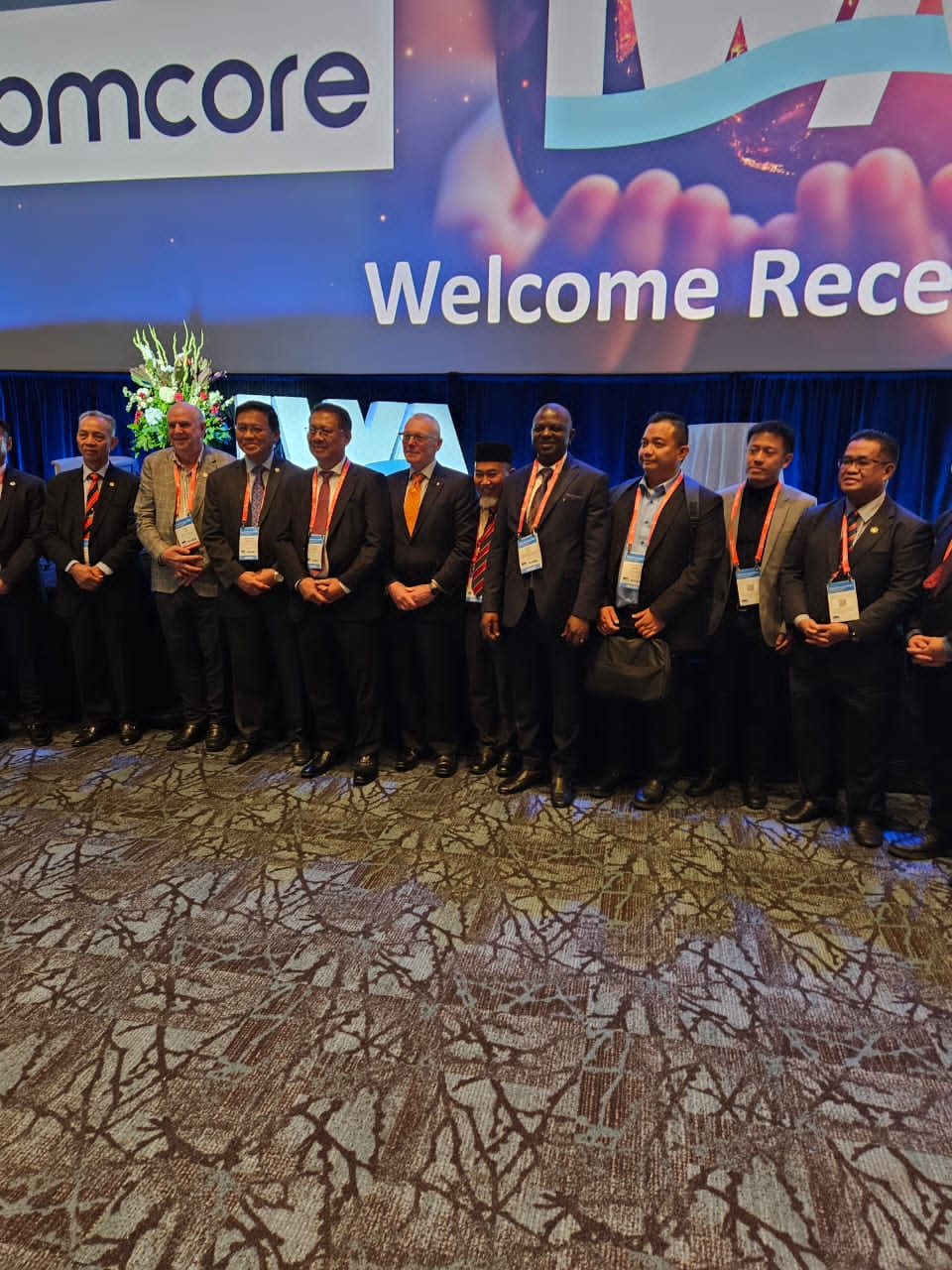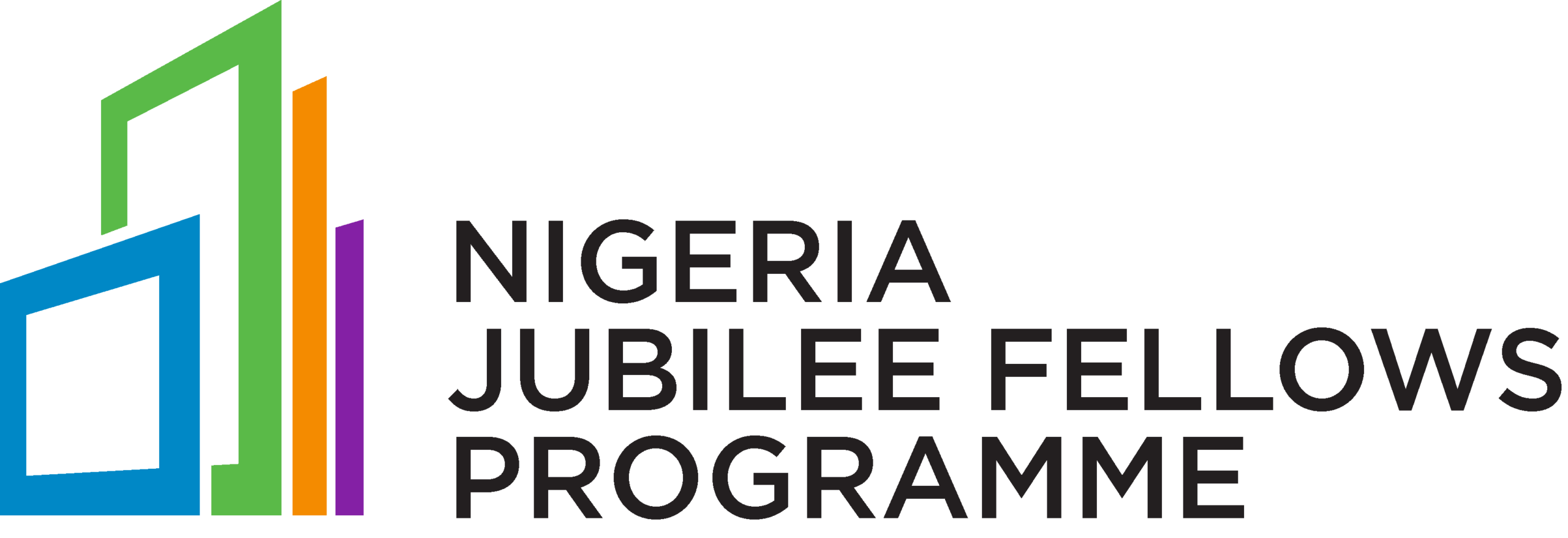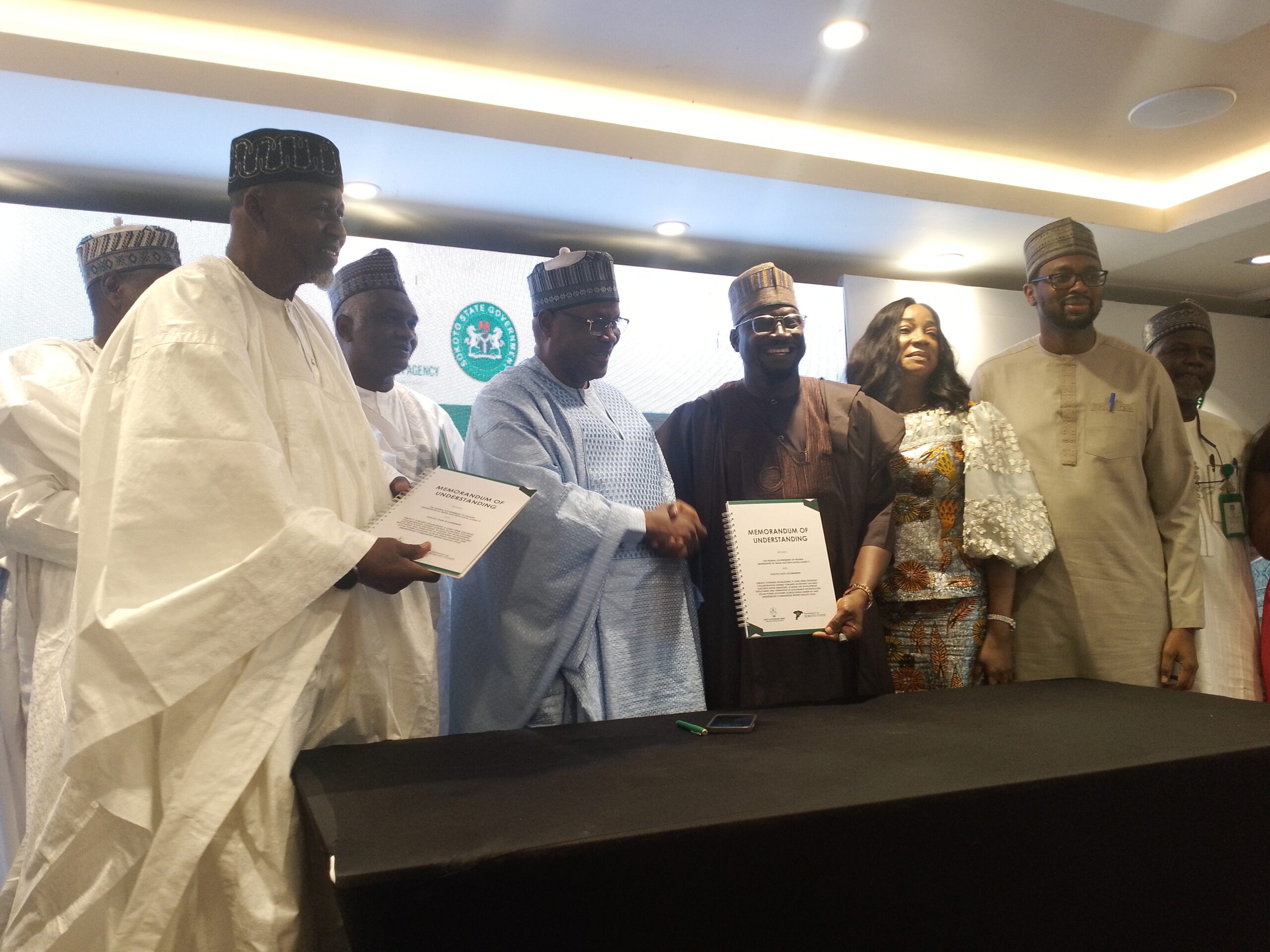Nigeria Government Calls For Global Collaboration To Tackle Water Shortage In Developing Nations

By Fatima Saka
The Federal Government has urged for a more robust partnership and concrete action from world leaders to attain access to pure and sustainable water and enhance sanitation services for citizens, particularly in developing countries.
Minister of Water Resources and Sanitation Engr Professor Joseph Terlumun Utsev issued the plea at the ongoing 2024 World Water Congress and Exhibition in Toronto, Canada.
He conveyed to the international community that Nigeria, with a population exceeding two hundred million, is endowed with abundant water resources in rivers, lakes, and dams utilized for consumption and large-scale irrigation farming. However, these resources are facing mounting pressure due to rapid population growth, urbanization, and climate change.
Professor Utsev highlighted that the challenges are not exclusive to Nigeria but are prevalent in other developing nations, endangering food security, public health, economic stability, and environmental sustainability.
He added that this necessitates a strong commitment from the global community to expedite efforts and implement novel strategies to ensure the availability and sustainable management of water and sanitation for all.
Acknowledging the pivotal role of water in achieving sustainable development, economic growth, and human well-being, as well as universal access to safe drinking water and sanitation for Nigerian citizens, the administration of President Bola Ahmed Tinubu, through the Ministry of Water Resources and Sanitation, is executing strategic priorities and initiatives aligned with the United Nations Sustainable Development Goal Six and the African Union’s Agenda 2063.
The initiatives, as outlined by the Minister, comprise the National Water Resources Master Plan, National WASH Policy, and Partnership for Expanded Water Supply, Sanitation, and Hygiene (PEWASH) program.
Professor Utsev informed the global community that Nigeria is also bolstering its water institutions, advocating for water efficiency, and investing in water infrastructure and technology.
The Minister emphasized that since the challenges cannot be tackled in isolation, there is a compelling necessity for world leaders, development partners, and key stakeholders in the water and sanitation sector to unite and aid developing nations, including Nigeria, in the pursuit of water security through the exchange of knowledge, technologies, and resources to foster a more water-secure world for all.
“I want to underscore that the future of water is intertwined with the future of humanity. Let us seize this opportunity to reaffirm our commitment to water security, innovation, and the collaborative spirit that has convened us here in Toronto, Canada.
“Together, we can surmount the challenges and ensure that every individual in every corner of the world has access to the water essential for living, thriving, and prospering.”
Earlier, President of the International Water Association, Tom Mollenkopt, remarked that the congress serves as a platform for unraveling intricate problems and exploring solutions, underscoring the imperative for the international community to collaborate in finding optimal solutions to the global water needs of the populace.





